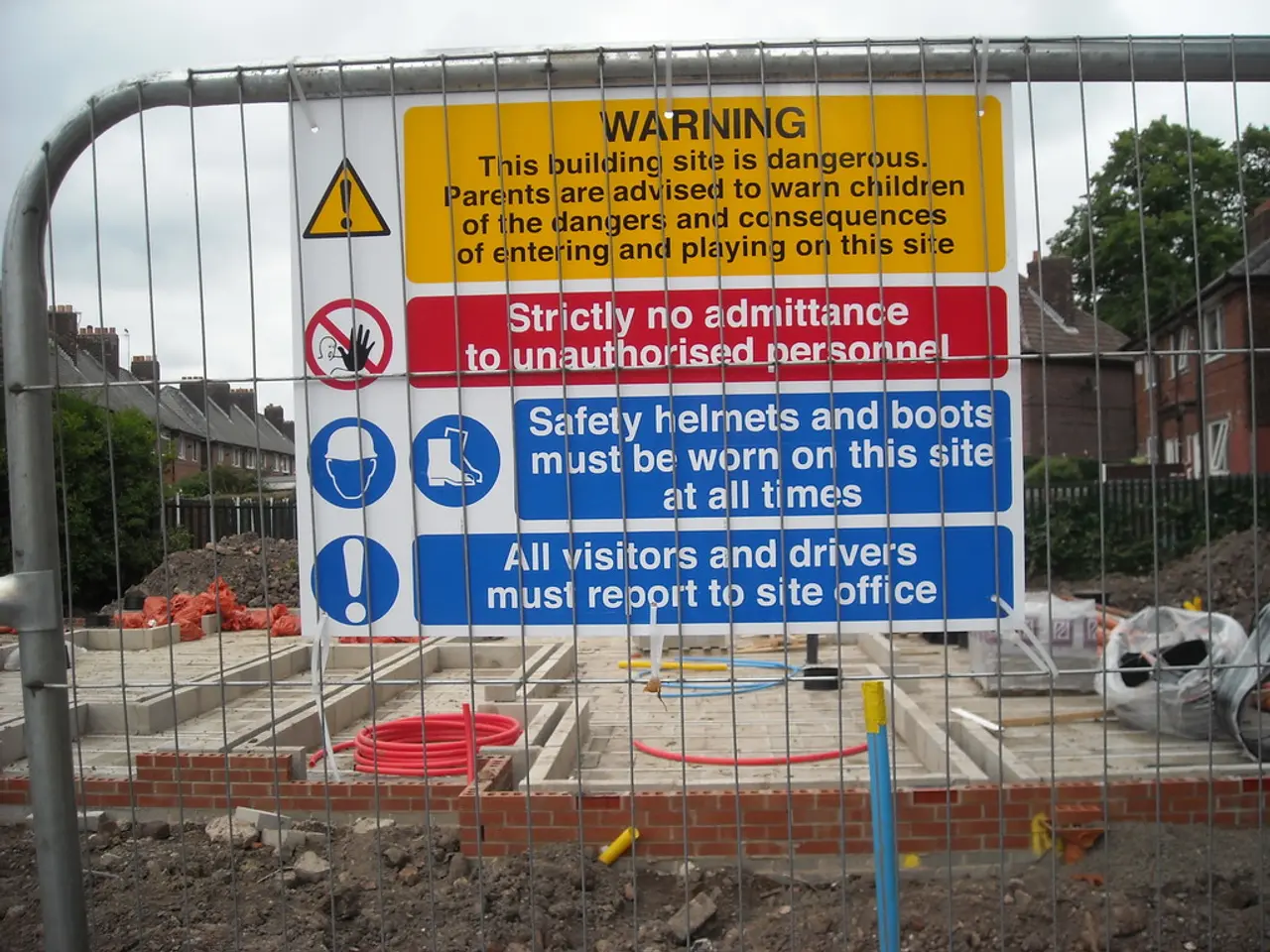Escaping Excessive Promises
In the vast and breathtaking landscapes of New Zealand's outdoors, commitment is often a necessary attribute for those who venture off the beaten track. However, as a new article from Wilderness Magazine and the New Zealand Mountain Safety Council (MSC) reveals, commitment can become dangerous if it is the only guiding factor, particularly in the outdoors.
This article is part of a series that aims to shed light on heuristic traps, mental shortcuts that can compromise decision-making in outdoor environments. One such heuristic trap that has claimed lives in New Zealand's wilderness is the "commitment heuristic trap." A tragic example of this can be found in the incident at Nelson Lakes National Park, where a tramping accident resulted in one death due to over-commitment.
The commitment heuristic trap arises when individuals, driven by a strong sense of determination, disregard worsening conditions or potential risks. This can stem from factors such as the investment of time, cost, or effort, leading to red warning flags, especially in the outdoors.
To mitigate the risks associated with the commitment heuristic trap, the MSC offers several key strategies. Recognizing heuristic traps is the first step, being aware of mental shortcuts like scarcity mindset, familiarity, and expert halo. Planning ahead is also crucial, researching and planning your trip thoroughly, including weather, terrain, and track conditions, and having a backup plan in case conditions change or the risk escalates.
Setting clear objectives is another important strategy. Define your goals and limits before heading out, deciding in advance what factors would cause you to turn back or modify your plans. Checking for scarcity mindset is also essential, questioning whether your motivation to proceed is driven by rare opportunities rather than clear safety considerations.
Using checklists and communicating with the group are additional strategies that can help ensure safe returns. Employ decision-making tools or checklists to ensure you systematically consider all relevant safety factors rather than relying on instinct or emotion. Discuss decision points and potential risks with your group before and during the activity, encouraging open feedback and challenging assumptions.
After trips, reflect and review your decisions to identify when heuristic traps influenced your actions and learn from these experiences. Having a plan B for backup options makes it easier to change tactics without feeling like the trip was a waste.
By incorporating these strategies, outdoor enthusiasts can reduce the risk of over-commitment and avoid heuristic traps that may compromise safety. The MSC will further explain common heuristic traps, how they arise on typical tramping trips, and how to avoid them, as part of an ongoing series with Wilderness Magazine.
[1] New Zealand Mountain Safety Council. (n.d.). Heuristic Traps. Retrieved from https://mountainsafety.org.nz/resources/heuristic-traps/ [2] Wilderness Magazine. (n.d.). Heuristic Traps: The Dangers of Mental Shortcuts in the Outdoors. Retrieved from https://wilderness.co.nz/features/heuristic-traps-the-dangers-of-mental-shortcuts-in-the-outdoors/ [3] Outdoor Safety New Zealand Trust. (n.d.). Heuristic Traps. Retrieved from https://www.outdoorsafety.org.nz/heuristic-traps/
- Despite the call to commitment in outdoor-living, such as hiking or sports like tramping in New Zealand's wilderness, it's crucial to remember that commitment alone can be perilous, leading to heuristic traps such as the "commitment heuristic trap."
- Incorporating a balanced lifestyle, involving home-and-garden tasks and - while still enjoying sports like sports-betting - being mindful of heuristic traps and the potential dangers they pose in the outdoors can ensure a safer and more enjoyable experience for outdoor enthusiasts.




